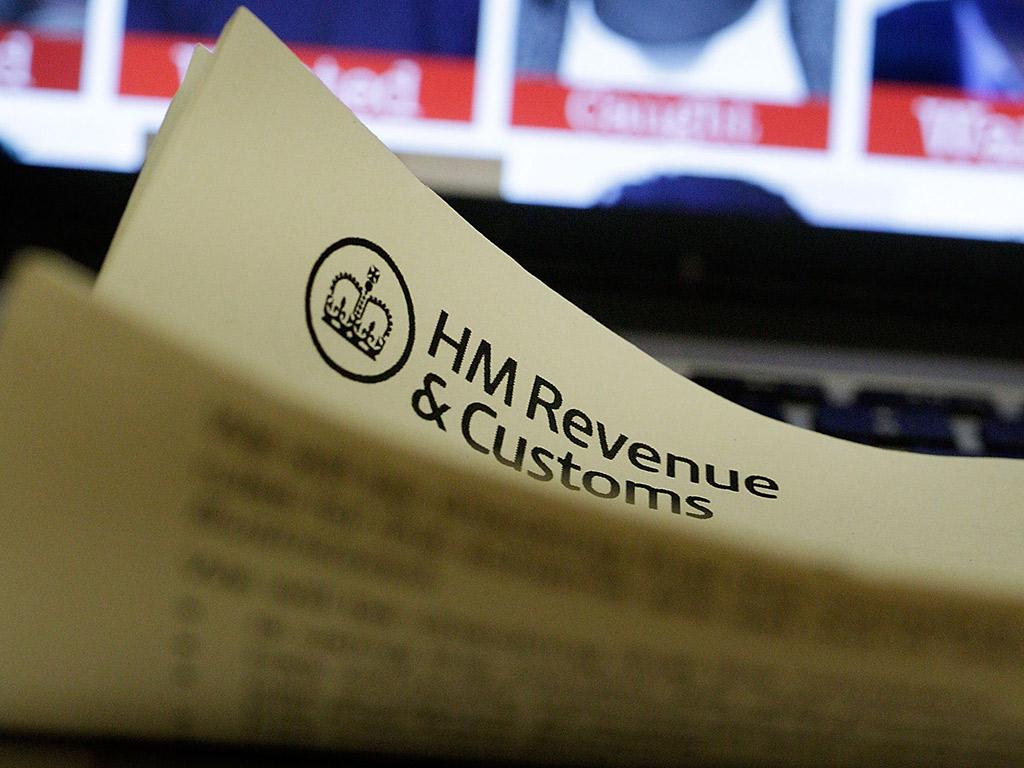Brexit latest: Public finances continue to miss official targets in August
The Office for National Statistics said public spending exceeded taxes by £10.5bn last month, worse than the £10bn expected

Your support helps us to tell the story
From reproductive rights to climate change to Big Tech, The Independent is on the ground when the story is developing. Whether it's investigating the financials of Elon Musk's pro-Trump PAC or producing our latest documentary, 'The A Word', which shines a light on the American women fighting for reproductive rights, we know how important it is to parse out the facts from the messaging.
At such a critical moment in US history, we need reporters on the ground. Your donation allows us to keep sending journalists to speak to both sides of the story.
The Independent is trusted by Americans across the entire political spectrum. And unlike many other quality news outlets, we choose not to lock Americans out of our reporting and analysis with paywalls. We believe quality journalism should be available to everyone, paid for by those who can afford it.
Your support makes all the difference.The improvement in the public finances continued to undershoot expectations in August, further undermining the Government’s hopes of reducing the deficit on its original planned timetable.
The Office for National Statistics reported public spending exceeded taxes by £10.5bn last month.
That was better than the £11.5bn deficit recorded in August last year, but slightly worse than the £10bn City of London analysts had pencilled in – and it still leaves the Government well adrift from the £55.5bn borrowing target for 2016-17 set in the March Budget.
So far this financial year the Government has already borrowed £33.8bn, leaving just £21.7bn leeway over the next 7 months at a time when the economy is widely expected to slow due to the impact of the Brexit vote.
Borrowing overshooting

If the public finances continue on the same path as seen in the first five months of the fiscal year, the £55.5bn target is likely be missed by around £11bn, analysts said.
Missing the target

This is the second set of official public borrowing figures released since the referendum, yet the ONS said it found no clear signs of any impact of the Brexit result on the figures.
The new Chancellor Philip Hammond has said he will “re-set” fiscal policy in the Autumn Statement on 23 November, with expectations rising that he will enact a modest infrastructure-based fiscal stimulus to help the economy weather the impact of the Brexit vote.
This would involve more borrowing than previously planned.
And the Government has already jettisoned the previous target of running an absolute budget surplus in 2019-20.
“Despite current economic resilience, the public finances look poised to take a hit from probable softening economic activity over the coming months taking a toll on tax receipts,” said Howard Archer of IHS Global Insight.
Suren Thiru, head of economics and business finance at the British Chambers of Commerce urged the Chancellor to use the Autumn Statement to deliver a "better balance" between cutting the deficit and supporting growth than his predecessor George Osborne.
“This must include bolstering the UK’s tax base through measures to increase business investment, and using historically low borrowing costs for much needed investment in infrastructure,” he said.
However, Samuel Tombs of Pantheon Macroeconomics said the Chancellor's freedom of movement was still restricted.
“With the March Budget plans envisaging a severe fiscal squeeze, the Chancellor probably only has scope to change fiscal policy to a neutral, rather than a stimulatory setting,” he said.
The ONS report showed that income tax receipts rose 12 per cent in August on a year earlier to £13.6bn.
However, VAT receipts were up only 0.7 per cent to £11bn.
Total receipts in the month were £49.8, up 7.1 per cent on a year earlier, while public spending was £55.1bn, up 4.3 per cent.
In its own commentary on the figures the Treasury's Office for Budget Responsibility noted that stamp duty income rose less than expected in the April to August period and that “uncertainty around the referendum seems to have reduced receipts growth, with falls in receipts from top-end residential and commercial transactions, particularly in London”.
The OBR stressed that public finance reports were volatile and subject to revision.
But it added: “It does appear that growth in PAYE [pay as you earn income tax], NICs [national insurance contributions] and stamp duty land duty land tax were slower in the first five months of the year than would be required to meet our March forecast for the year as a whole.”
Join our commenting forum
Join thought-provoking conversations, follow other Independent readers and see their replies
Comments